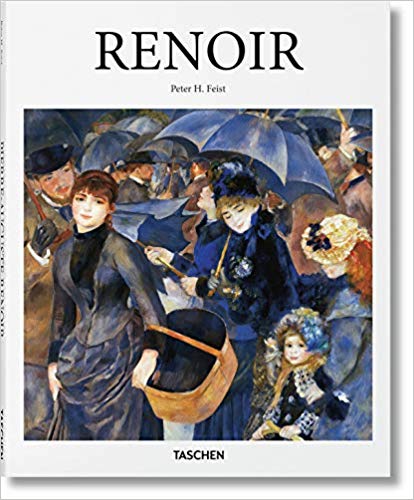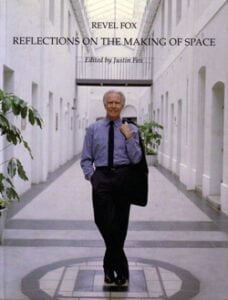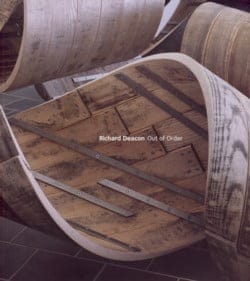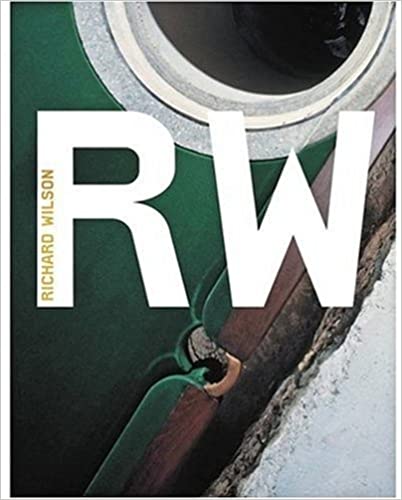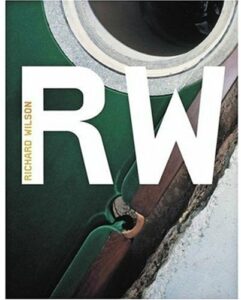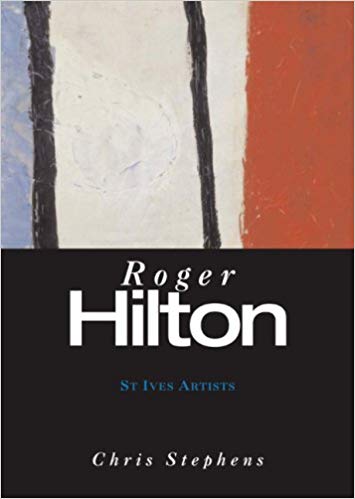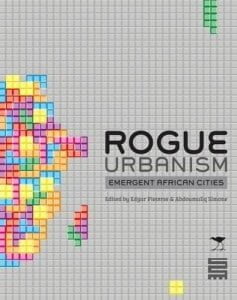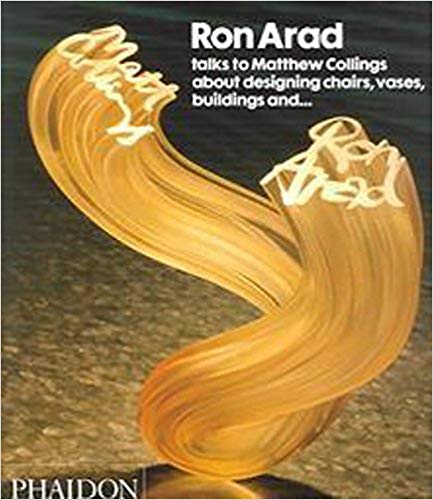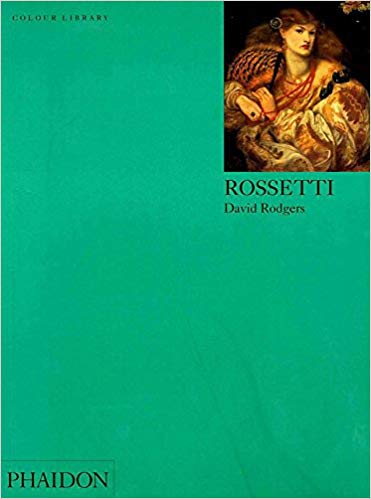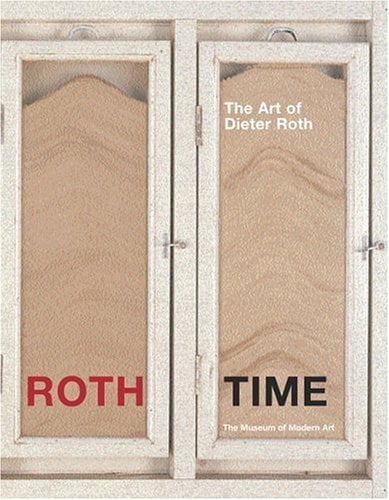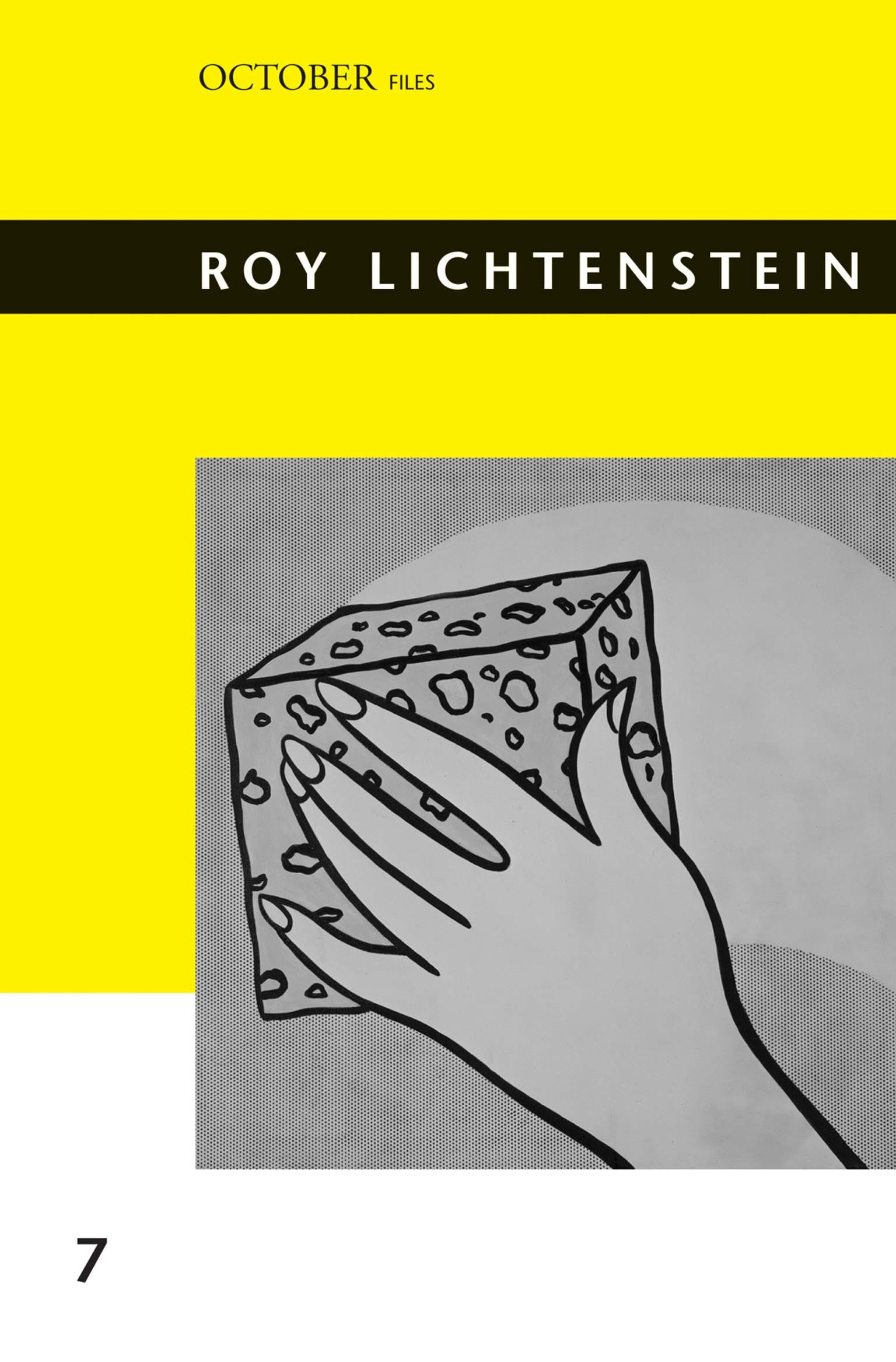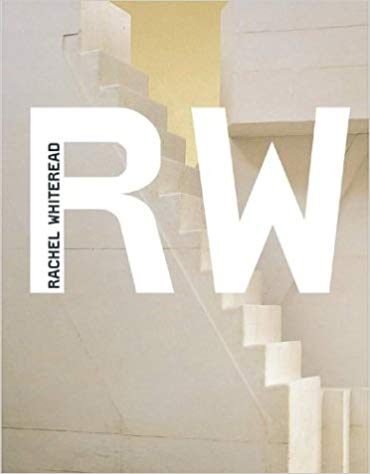Showing 625–640 of 760 results
-

R250One of the leading lights of the Impressionist movement, Pierre-Auguste Renoir (1841–1919) remains a towering figure in art history with enduring public appeal. Sun-kissed, charming, and sensual, his work shows painting at its most lighthearted and luminous, while championing the plein air and color innovations of his time.
-

R200This text is a catalogue of the works exhibited at the time of the Sophia Gray Memorial Lecture given by Revel Fox in Bloemfontein in August 1997, and subsequently at the South African National Gallery in Cape Town in May 1998.
-

R200From 2013 to 2016, Revolution Room explored participatory art practice in Johannesburg (South Africa), Lubumbashi, Moba and Fungurume (Democratic Republic of Congo).
-

R400Expert Nicholas Tromans provides incredible insight on this great artist’s life – to listen to a few of them, click here.
-

R300
Published to accompany the exhibition Richard Deacon Out of Order 14 May 2005-25 September 2005.
-

R340Still little-known in the United States, Richard Hamilton is a key figure in twentieth-century art. An original member of the legendary Independent Group in London in the 1950s, Hamilton organized or participated in groundbreaking exhibitions associated with the group—in particular This Is Tomorrow (1956), for which his celebrated collage Just what is it that makes today’s homes so different, so appealing? Crystallizing the postwar world of consumer capitalism, was made.
-

R200Born in London in 1953 to a family of builders and artists, Richard Wilson creates works that often come closer to engineering or even architecture than to traditional sculpture. Typically he transforms the viewer’s environment into something unsettling and strange through interventions that not only alter the physical space but also interfere with our perception of it.
-

R150The work of Richard Wilson (b.1953) often comes closer to engineering or even architecture than it does to traditional sculpture. Typically he transforms the viewer’s environment into something unsettling and strange by the interventions he makes, whether in the internal space of a gallery, the structure of a building or in one of the ships with which he has a particular affinity.
Perhaps Wilson’s best-known work is 20:50 for which he flooded a gallery space with
-

R175Roger Hilton began his extraordinary career as a figurative artist, however in the 1950s he became involved in the important school of British abstraction which emerged from St Ives that included the artists Ben Nicholson, Peter Lanyon, Patrick Heron, Barbara Hepworth and Terry Frost.
-

R700The unique ambition of Rogue Urbanism is to produce new and relevant theoretical work on African urbanism in a way that works within the border zone between inherited theoretical resources and artistic representations of everyday practices and phenomenology in African cities.
-

R630The conversation between Collings and Arad starts with the question: what is design? From this first, basic question they embark on a journey that touches the most important art and design issues, inside and outside Ron Arad’s work.
-

R150
Dante Gabriel Rossetti (1828-82) produced some of the most glittering and evocative images of the Victorian era. A member of the influential Pre-Raphaelite Brotherhood, Rossetti found inspiration in the works of Dante, Shakespeare and Malory, with many of his paintings depicting scenes from Arthurian legends and tales of medieval chivalry. He was also an accomplished poet, whose verses frequently dealt with the same themes as his paintings.
-

R500
Sculptor, poet, diarist, graphic designer, pioneer artist’s book maker, performer, publisher, musician, and, most of all, provocateur, Dieter Roth has long been beloved as an artist’s artist. Known for his mistrust of all art institutions and commercial galleries–he once referred to museums as funeral homes–he was also known for his generosity to friends, his collaborative spirit, and for including his family in his art making.
-

R215Roy Lichtenstein’s popular appeal?and his influence on pop culture, seen in everything from greeting cards to sitcoms?at times overshadows his importance to contemporary art. Yet, examined on its own terms, Lichtenstein’s comics-inspired, deadpan artwork remains as truly unsettling to art-world orthodoxies today as when it first gained wide attention in the early 1960s. This book…
-

R375The tumultuous events of the Russian Revolution were matched by dramatic shifts in graphic art and design that continue to influence our visual landscape. David King, an internationally acclaimed graphic designer, selected the posters reproduced here from his own unparalleled collection. Constructivist posters, socialist advertising, and biting political satire are all represented, as are artists such as Alexander Rodchenko, El Lissitzky, and Gustav Klutsis. King sets the posters in context and profiles the art directors whose vision played a vital role in creating these striking works.
-

R200Rachel Whiteread solidifies space. Employing materials that include concrete, plaster, resin and rubber to mould not the objects themselves but the areas within or around them, she has single-handedly expanded the parameters of contemporary sculpture.

